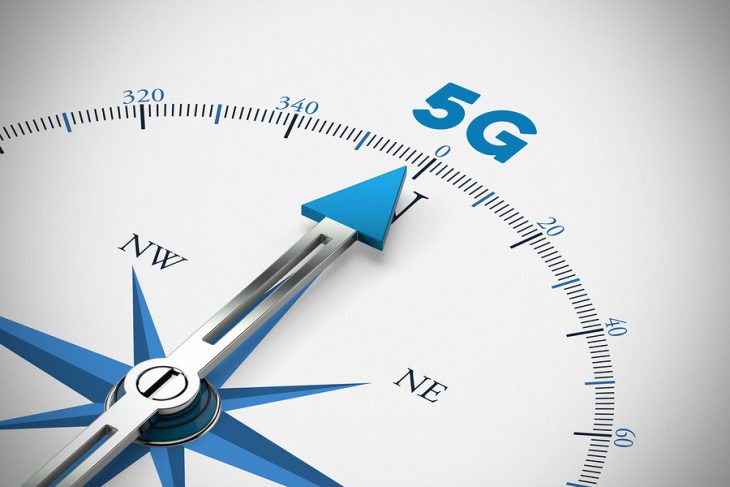
ATLANTA – It's safe to say U.S. cable tech executives don’t seem to be overly impressed with the oft-promoted prospects of the forthcoming 5G wireless technology.
Speaking at the SCTE Cable-Tec Expo show here earlier this week, three top cable industry officials downplayed 5G's supposed promise, dismissing the rival wireless technology as largely full of hype. The three executives – NCTA president and CEO Michael Powell, CableLabs president and CEO Phil McKinney and Cox Communications CTO Kevin Hart – also (unsurprisingly) pronounced 5G to be far inferior to cable's emerging Full Duplex DOCSIS standard, which is the latest in the DOCSIS family of broadband specs that the industry has developed over the past two decades. Now in the last stages of preparation, Full Duplex DOCSIS is designed to enable symmetrical data speeds of up to 10 Gbps.
“5G is 25% technology, 75% marketing,” Powell said, playing down 5G as merely the wireless industry’s “latest widget. You know what the wireless guys like most? wireline networks,” he added, noting that 5G will need backhaul and other services that cable operators can deliver over their HFC wireline networks.
(Ed note: It is worth noting that even Rogers Communications CEO Joe Natale told investors last week during the company’s quarterly conference call that some of the economic models and business plans surrounding 5G are only just a “series of trials and PowerPoint presentations” at this time.)
“You know 5G is going to be great, because it’s got 25% more G.” – Kevin Hart, Cox Communications
In his opening keynote address to the conference, Hart set up Powell's sarcastic remarks by taking his own little potshot at 5G. “You know 5G is going to be great, because it’s got 25% more G,” he quipped.
Although declining to take the same kind of swipe at the hype surrounding the next-gen wireless specs, McKinney didn't have much good to say either. Likening 5G's prospects to those of Teligent, the fixed wireless company that he headed in the late 1990s, McKinney emphasized the challenges of delivering point-to-point wireless signals in dense sections of major cities and overcoming signal interference from trees, fog and other sources. “I think 5G is going to have similar issues,” he declared.
Sounding a bit like the late comedian Rodney Dangerfield of "I don't get no respect" fame, the three cable executives also complained that their industry doesn't get nearly enough credit for all its broadband advances over the last two decades. In particular, they contended that cable should get more credit for wiring the nation for broadband and continuously boosting downstream speeds.
“No other industry has been as reliably consistent in doing what it says it’s going to do, deploying what it says it’s going to deploy, as this one,” Powell said, drawing warm applause from the packed general session audience.
Powell argued that the cable industry should stop acting so humble about what it's done with DOCSIS and start promoting its achievements more aggressively, just like the wireless industry and Silicon Valley. As an example of what the industry could promote, he cited the emerging Full Duplex DOCSIS standard, which he described as the cable industry’s “10G” standard.
Fitting the theme of the day, Cox President Pat Esser put in another good word for cable's tech prowess during the general session. He said Cox, the third largest cable operator in the U.S., plans to invest $10 billion upgrading its network infrastructure over the next five years.


